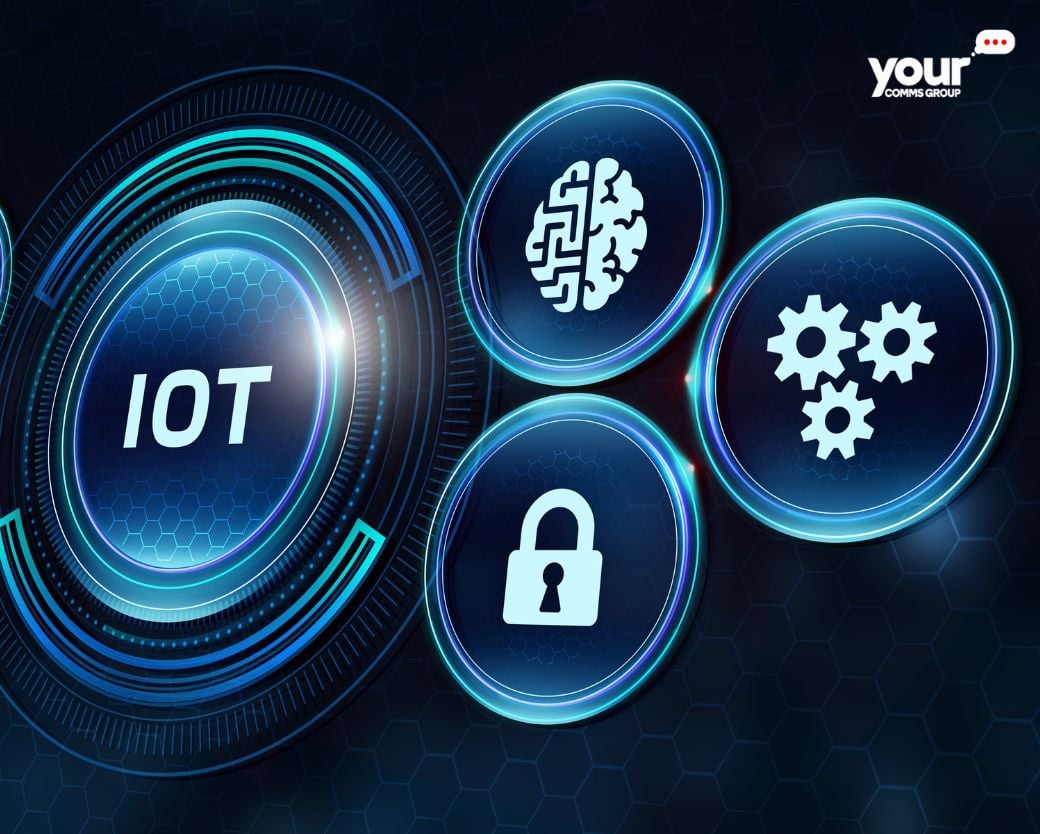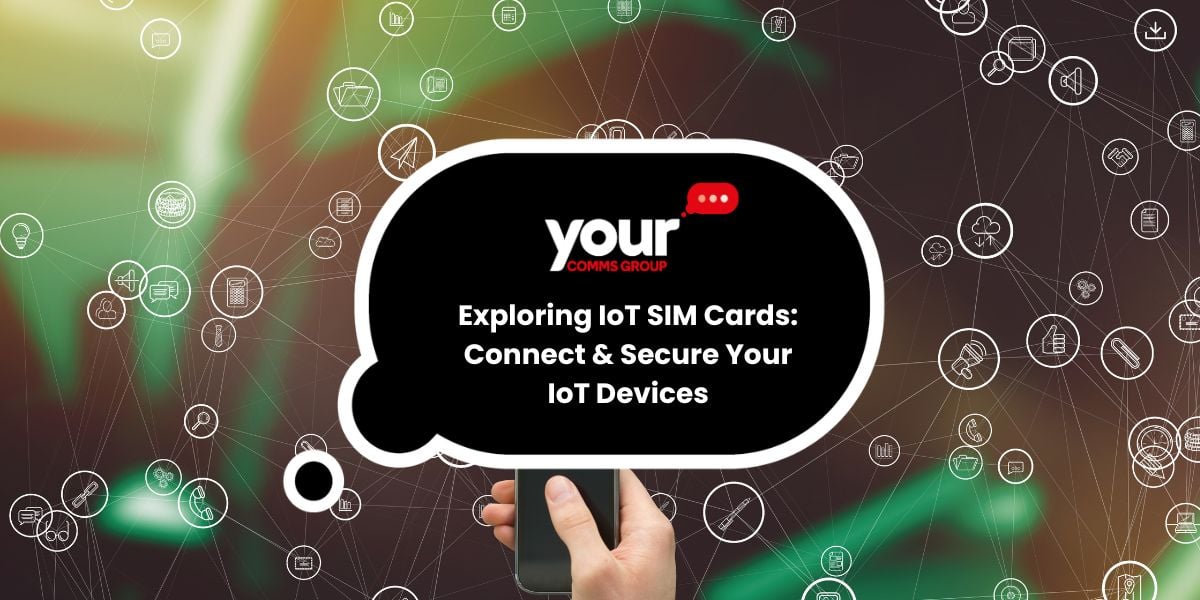IoT Mastery: Streamlining Operations with Management Platforms
Managing many devices efficiently is a substantial challenge in the interconnected world of the Internet of Things (IoT). IoT Management Platforms ...
2 min read
James Etherington : Apr 20, 2024 8:00:00 PM

The Internet of Things (IoT) is revolutionising how we interact with the world around us. IoT enables devices to communicate and share data from smart homes to industrial automation, enhancing efficiency and creating new opportunities.
At the heart of this revolution lies the IoT network architecture, a complex framework that supports the seamless functioning of IoT systems. This article breaks down the essentials of IoT network architecture into an easy-to-understand guide.
IoT network architecture refers to the structured design of components, technologies, and protocols that enable IoT devices to connect, communicate, and exchange data with one another and the internet. This architecture is not one-size-fits-all; it varies depending on the application, ranging from simple home automation systems to complex industrial networks.
1. Devices and Sensors (The Edge Layer)
At the network's edge are the IoT devices and sensors that collect data from the environment. These can be anything from smart home temperature sensors to industrial machinery vibration sensors. They are responsible for gathering real-time data and sometimes processing it at the source.
2. Connectivity (The Network Layer)
This layer involves data transmission from the edge devices to the Internet or a central data repository. It utilises various communication protocols and technologies, such as Wi-Fi, Bluetooth, cellular networks, and Low-Power Wide-Area Networks (LPWAN), to ensure efficient and reliable data transfer.
3. Data Processing and Management (The Middleware Layer)
Once the data reaches the internet, it must be processed and managed. This is where middleware comes in, providing the necessary software and services for data integration, storage, and analysis. It bridges the devices and the application layer, handling tasks like database management, cloud computing, and big data analytics.
4. Applications (The Application Layer)
The application layer is where the processed data is finally utilised. Depending on the IoT system's purpose, this could involve anything from notifying a user's smartphone about a home security breach to adjusting the temperature in an intelligent greenhouse based on humidity data.
Dive into the future of seamless connectivity and IoT solutions with Your Comms Group. We've got you covered from the plug-and-play 'Office in a Box' for immediate, high-speed connectivity to a wide range of IoT solutions tailored to your business needs.
Whether expanding WAN coverage, effortlessly deploying thousands of devices, or securing your network, our IoT solutions, backed by a partnership with Three IoT, are designed to keep you ahead. Explore how our comprehensive IoT services can transform your operations today.
Challenges in IoT Network Architecture

Are you ready to revolutionise your business connectivity? With Your Comms Group, you can access 'Office in a Box' for unparalleled connectivity and a suite of IoT business solutions designed for the modern enterprise.
From rapid deployment to the highest security standards and support for multiple simultaneous users, our services ensure your business stays connected, secure, and ahead of the curve.
Don't let connectivity challenges hold you back. Contact us now to discover the perfect IoT solution for your business needs.

Managing many devices efficiently is a substantial challenge in the interconnected world of the Internet of Things (IoT). IoT Management Platforms ...

In the Internet of Things (IoT) realm, private networks facilitate secure, reliable, and efficient communication between connected devices. These...

In the expanding Internet of Things (IoT) world, SIM cards enable devices to communicate and transmit data over cellular networks. However, not all...